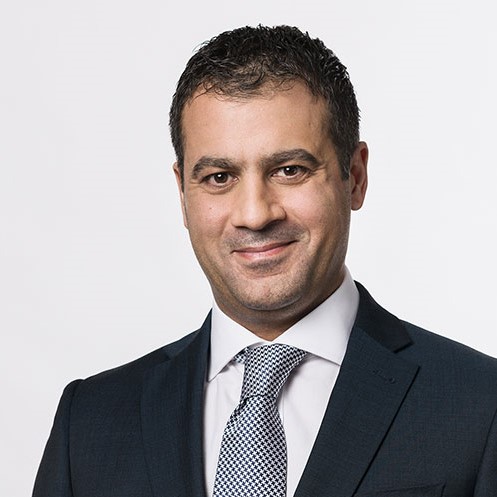Government
Thanks for Nodus-ing: Basilea hands off preclinical oncology program for $248M in ongoing anti-infectives pivot
Looks like Basilea Pharmaceutica is getting closer to its final days as an oncology company.
The Switzerland-based Roche offshoot said Thursday that it…

Looks like Basilea Pharmaceutica is getting closer to its final days as an oncology company.
The Switzerland-based Roche offshoot said Thursday that it had sold the company’s preclinical PARG checkpoint inhibitor program to UK-based Nodus Oncology. PARG, or poly(ADP-ribose) glycohydrolase, is an enzyme used to repair DNA damage and had been investigated as a potential oncology target. Nodus will be partnering with German research institute Lead Discovery Center GmbH to continue development of the program.
Basilea, as part of the sale, is slated to receive upfront and near-term research milestone payments just over $1 million, with eligibility to receive further payments in the $247 million range after reaching development, regulatory and sales milestones. On top of that, Basilea will receive close to 5% of net sales.
Basilea $BSLN decided to revamp its R&D work earlier this year, moving away from one of the hottest fields in drug R&D to focus on anti-infectives. As CEO David Veitch said at the time in February:
Following a strategic review, we have decided to separate our activities in anti-infectives from oncology. Our two businesses are at different stages of development, requiring different approaches. For our oncology assets, we aim to optimize the value through either portfolio or individual asset transactions, with partners specialized in oncology. We will focus in the future on the research, development and commercialization of innovative treatments for severe bacterial and fungal infections. Basilea is uniquely positioned to benefit from the improving business environment for anti-infectives and to become a leading company in this space, based on its proven expertise in advancing anti-infectives through research and development to the market.
Four months later, Basilea then offloaded an FGFR inhibitor back to Merck, which should be finalized by year’s end. The company added this week that it does not expect any more oncology expenses starting in 2023.
Instead of oncology, the company is now focused on antifungals and antibiotics, with one product approved in each disease area — antifungal Cresemba and antibiotic Zevtera. Cresemba is approved in the US, and Zevtera has not been FDA-approved yet.
 Adesh Kaul
Adesh KaulBasilea was unavailable for an interview before publication.
CFO Adesh Kaul said in a statement that the company was happy to have found a partner in the DNA damage response space, adding, “We also continue our ongoing partnering discussions for BAL0891 and our second pre-clinical program, for which we aim to complete transactions before the end of 2022.”

Here Are the Champions! Our Top Performing Stories in 2023
It has been quite a year – not just for the psychedelic industry, but also for humanity as a whole. Volatile might not be the most elegant word for it,…
AI can already diagnose depression better than a doctor and tell you which treatment is best
Artificial intelligence (AI) shows great promise in revolutionizing the diagnosis and treatment of depression, offering more accurate diagnoses and predicting…
Scientists use organoid model to identify potential new pancreatic cancer treatment
A drug screening system that models cancers using lab-grown tissues called organoids has helped uncover a promising target for future pancreatic cancer…













